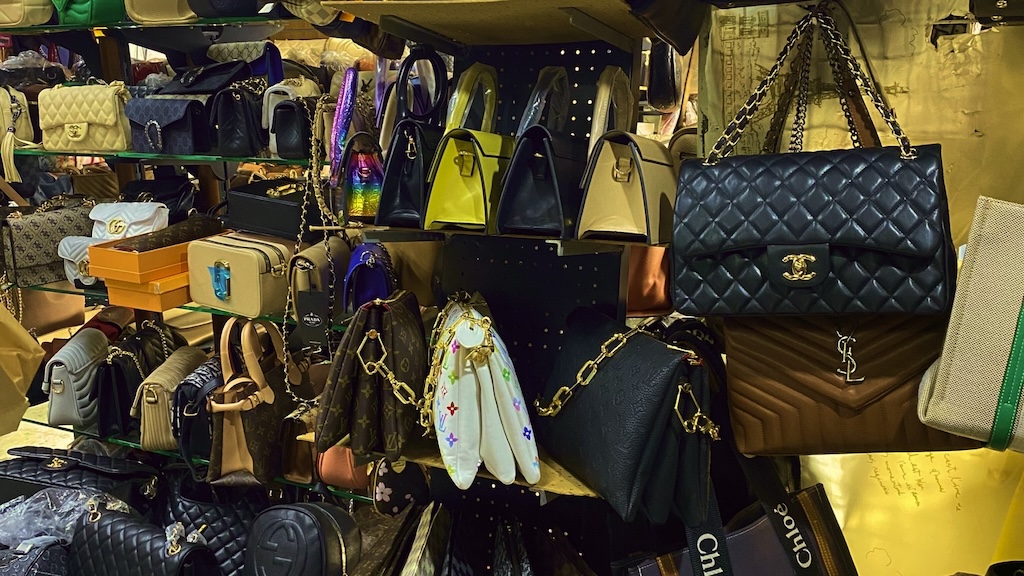By The Malketeer
The current consumer landscape is witnessing a transformation led by the younger generation, particularly Gen Z, as they increasingly embrace counterfeit merchandise. While luxury brands have long grappled with the issue of knockoffs, Gen Z’s penchant for fake goods is creating seismic shifts in the retail industry.
Changing Consumer Behaviour
According to Noraziah Kamaruddin, a lecturer at a local university, this shift challenges traditional notions of brand loyalty and authenticity. Gen Z, renowned for its digital prowess and skepticism toward conventional marketing, is deliberately opting for counterfeit items, blurring the lines between authenticity and imitation.
Rise of a Subculture
The online realm, including marketplaces and social media platforms, has become a thriving hub for the exchange of counterfeit goods, giving rise to a subculture that celebrates knockoffs. This movement is fuelled by a desire to break away from conventional consumerism, challenge brand elitism, and construct a new narrative around personal style and identity.
Challenges for Established Brands
Luxury fashion houses, tech giants, and other major brands are grappling with the implications of this trend. Despite significant investments in anti-counterfeiting measures, the rapid growth of this counterfeit culture presents a unique challenge.
Experts argue that this phenomenon is a rebellion against the excesses of fast fashion and conspicuous consumption, with Gen Z prioritising affordability and irony over brand prestige.
Influence of Social Media
Social media influencers and online personalities play a pivotal role in promoting this subculture. Many influencers proudly showcase their fake designer items, reinforcing the notion that authenticity is not defined by brand tags but by individual expression.
Brand consultant Magdalene Lam notes the dilemma faced by brands, as they navigate the fine line between cracking down on counterfeits and avoiding alienation of a consumer base that values uniqueness over brand recognition.
Consumer Perspective
Elizabeth Wong, a college student, shares her perspective, stating, “I aspire for branded handbags, but I cannot afford the originals. My next best option is to go for the fake brands which look so close to the originals. It is hard to differentiate.”
Financial Implications
Industry insiders caution that the rise of counterfeit culture could have significant financial implications for brands, as the market for fake merchandise continues to expand. The battle against counterfeit goods is evolving beyond legal measures, requiring brands to reshape their image to remain relevant in a market where authenticity is being redefined.
The Changing Retail Landscape
As brands strive to understand and adapt to this shifting landscape, blind trust in a brand name is becoming obsolete. Gen Z’s embrace of fake merchandise serves as a call for brands to reassess their strategies, engage with consumers on a more personal level, and discover innovative ways to connect with a generation that values individuality and authenticity over established brand identities.
The future of retail may hinge on how successfully brands navigate this cultural shift and redefine their relationship with the ever-evolving consumer.
MARKETING Magazine is not responsible for the content of external sites.











